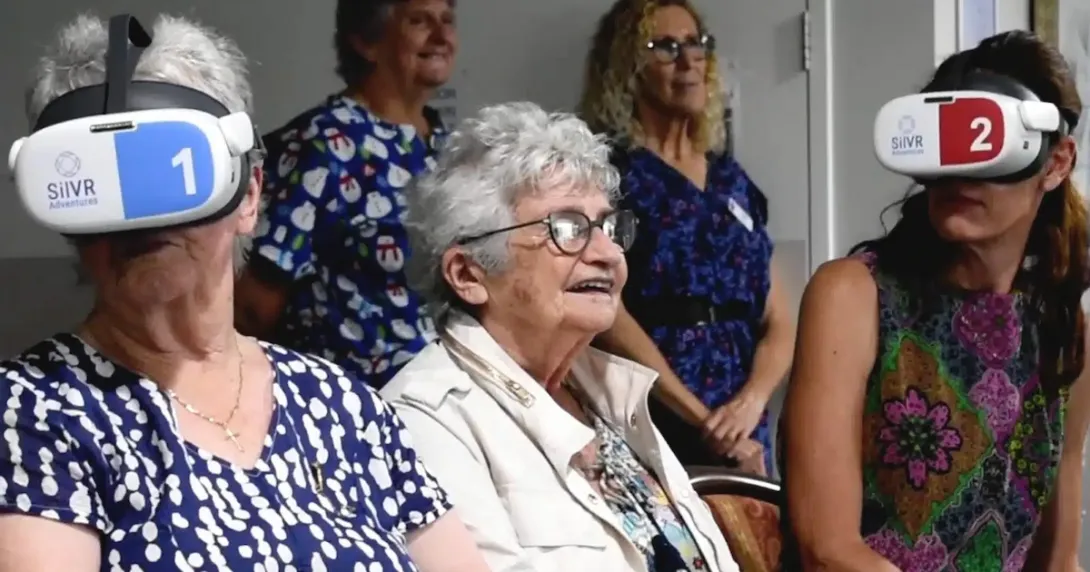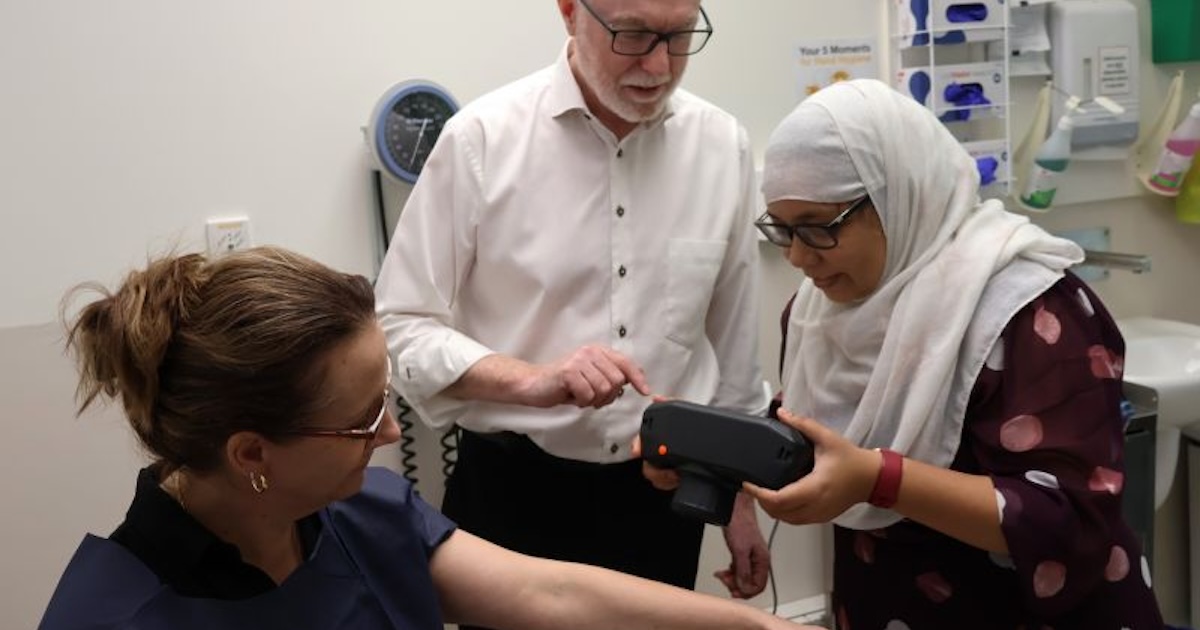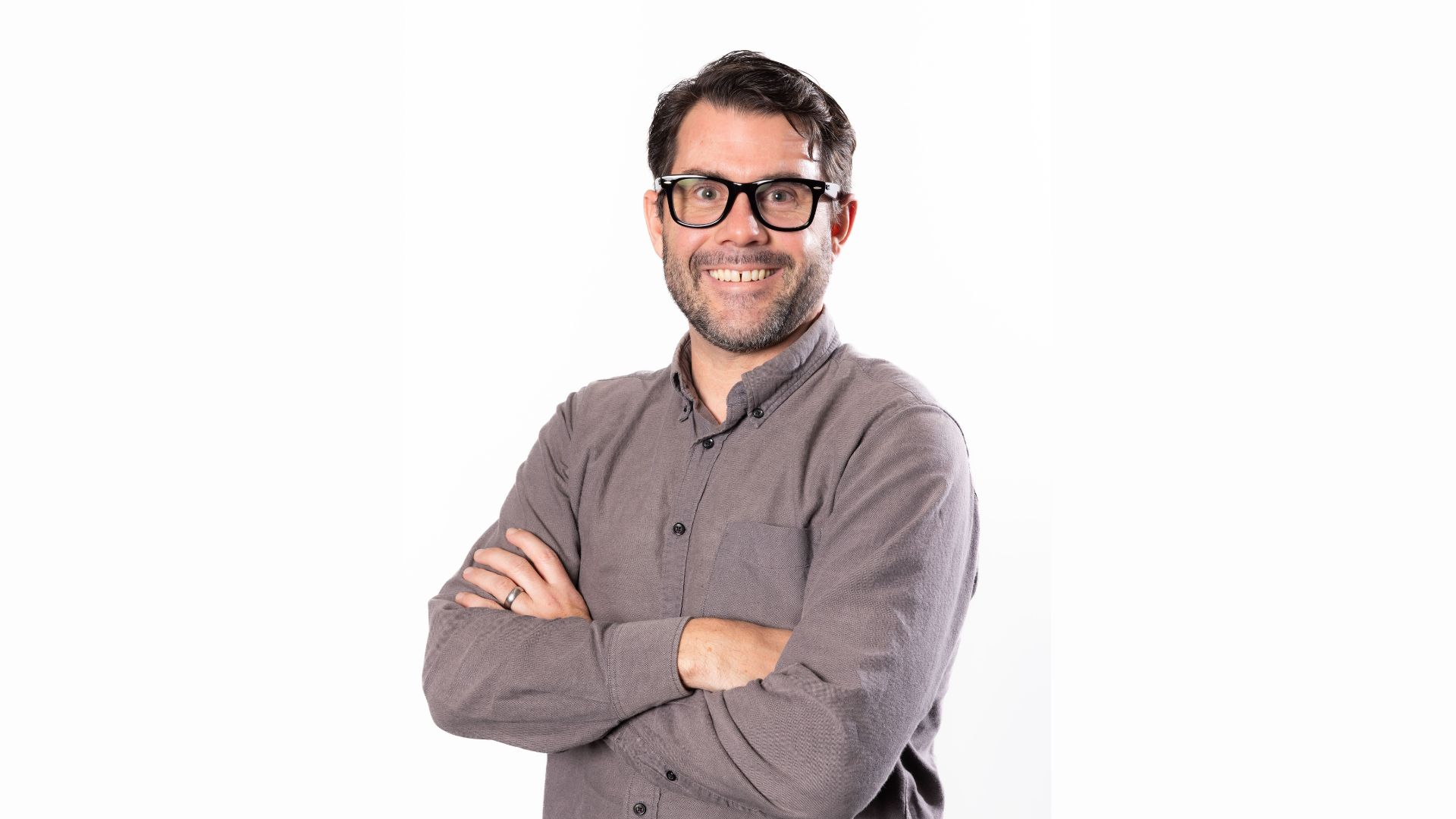
Virtual reality has shown potential to uplift the daily lives of older Australians, including those with mild cognitive impairment.
A recent study by researchers from Deakin University observed and noted the impacts of virtual reality experiences on the daily lives of aged care residents. It involved 34 residents from two residential aged care facilities in regional Victoria. The sessions, utilising the VR platform by SilVR Adventures, featured guided travel experiences for older adults.
FINDINGS
Findings, which have been published in Springer's Virtual Reality journal, showed that the VR sessions resulted in significant increases in the residents' mental and physical activity levels. Over nine in ten of the participants who were previously physically inactive were found to exert effort during the sessions.
Researchers also observed improved mood and reduced signs of agitation following the sessions.
They also highlighted that over eight in ten of the participants who were previously socially inactive became engaged in conversations after the VR sessions.
WHY IT MATTERS
Following these findings, the study's authors said that "[i]ntegrating VR experiences into scheduled routines holds promise for enriching the lives of aged care residents."
"VR can serve as a valuable tool in aged care settings by increasing cognitive and physical engagement, improving mood, reducing agitation, and promoting social interactions."
THE LARGER TREND
As part of its 10-year Aged Care Data and Digital Strategy, the Australian government is exploring the implementation of VR technology, alongside AI and other emerging technology solutions, to realise its vision of a data and digitally-driven aged care system. It is also launching a virtual nursing service for aged care residents.
Meanwhile, empathetic robots powered by generative AI have emerged, which can also complement aged care delivery. The same technology concept is also being deployed to solo-living seniors in fast-ageing South Korea.
To catch early on independent-living seniors' cognitive issues, a recent project in Singapore is testing a sensor-based remote monitoring system.

